Retail Technology Startup Stories Interview: ShopAi Founder and former Jisp MD Ilann Hepworth
RTIH sits down with former Jisp Managing Director, Ilann Hepworth, to hear about his new venture, ShopAi.
RTIH: Tell us about yourself and ShopAi
Ilann Hepworth: I have worked in the marketing services sectors for over 30 years evolving skills, solutions, and products over time from analogue to digital across multiple platforms.
Throughout my career I have always looked to embrace new products and services which utilise the most innovative technology to deliver value at pace. Before ShopAi I was the Managing Director at Jisp where I created the Scan & Win and Scan & Save services utilising mobile, gamification, augmented reality coupons, and a retailer specific loyalty platform.
At ShopAi I have taken a different approach to engage with end users and moved away from graphic user interfaces for interactions, instead we use speech to simply ask as the primary interface.
We blend multiple LLMs and third-party private data using Ai and articulate this through natural language processing in real-time. Our SaaS platform is bespoke and can be deployed via any digital channel or APP and in each case allows humans to access refined and tailored data and insights from any integrated database to include manufacturing, operations, marketing, sales and training to name a just a few.
RTIH: What was the inspiration behind setting the company up?
IH: Initially it was a blend of excitement as a consumer utilising generative AI that piqued my interest and reflecting on how user experiences have changed dramatically using technology over recent years, platforms that click, swipe, tap and scroll can now be interrogated with spoken words.
AI as a platform is relatively new to businesses and users and I wanted to create a product and service that makes Ai and its associated tools accessible for all business models and humans, speech is a core function for us all and LLM’s can simplify and optimise the response from a spoken word into a language any user can understand.
RTIH: What has been the industry reaction thus far?
IH: ShopAi has received a lot of excitable interest across wholesale, data houses, brands, and EPoS providers with each realising the transformative opportunity that can be realised for operations, communications, and sales. We have successfully partnered with a number of new clients and currently building bespoke solutions which will come to market in the first quarter of 2025.
The unanimous feedback we have received on POCs produced are “ease of access and understanding”.
There are complex data sets which exist for very good reasons and intelligent systems which service end users however sometimes without trawling through graphic user interfaces and reports people occasionally want a “simple answer to a simple question” and that’s where Ai and associated technologies take an always on and multilingual approach to bridge these gaps.
RTIH: What has been your biggest challenge/setback?
IH: As with all things new there is always the risk of misunderstanding or misinterpreting how something can add value, Ai is a fantastic example of an advanced series of technologies that most people will agree they have heard of and experienced socially or professionally and in isolation these interactions have been positive.
Collating LLMs, NLP, Ai and DBs to provide a utility must be matched to a business want and need, most business will admit they want to use AI but the main consultation is around where they need it. ShopAi will continue to work within the industry and incrementally deliver tangible examples of new human and computer actions.
RTIH: What are the biggest challenges facing omnichannel retailers right now?
IH: There are common challenges for online and offline retailers both large and small, Omnichannel retailers face several significant challenges, including:
1) Technological barriers: Implementing and integrating multiple systems to create a seamless experience across various channels can be complex and costly.
2) Data synchronisation: Ensuring consistent and up-to-date information across all channels is essential for an effective omnichannel strategy but can be difficult to achieve.
3) Customer experience: Providing a consistent and personalised experience across all touchpoints is crucial to customer satisfaction and loyalty, yet it remains a challenge for many retailers.
4) Channel conflicts: Managing the intricacies of different sales channels, such as online, in-store, and mobile, while maintaining pricing consistency and avoiding internal competition can be challenging.
Addressing these obstacles requires retailers to invest in robust technology solutions, prioritise data management, focus on customer centricity, and implement effective strategies to navigate the complexities of a multi-channel retail environment. Ai and associated technologies can bridge the gaps B2B2C.
RTIH: What's the best question about your company or the market asked of you recently by a.) an investor and b.) a customer?
IH: The most asked questions following demonstration are “is it achievable” and “how do we use it”. The answer in all cases requires the alignment of systems and culture to address a more holistic need of business wide integration and education. AI will without doubt effect all our personal and professional lives as we move forward.
RTIH: What can we expect to see from ShopAi in 2025?
IH: In the first half of 2025 we will be rolling out integrated generative Ai in wholesale and retail, initially these will be B2B examples of ShopAi. As we move into the middle of the year and throughout the rest of 2025 there are other exciting solutions already in discussion and development relating field sales, shopper activation and data analytics.



















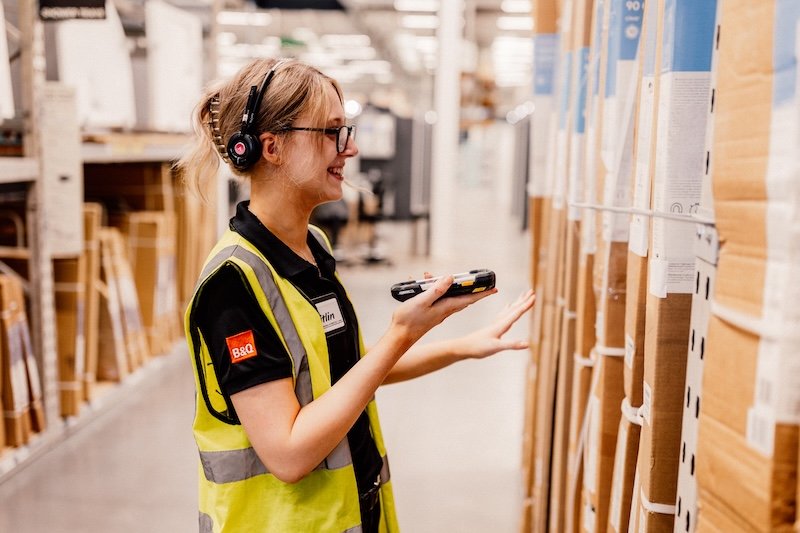
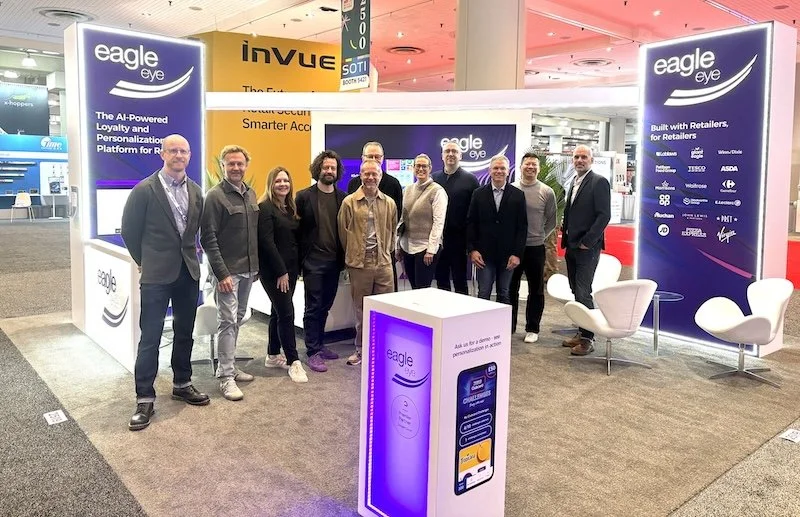
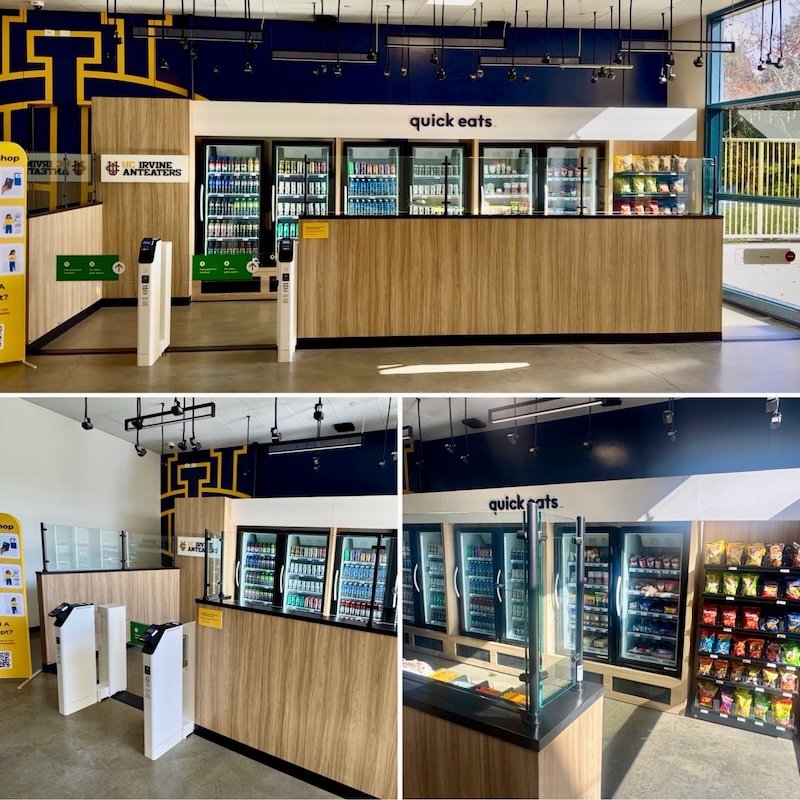



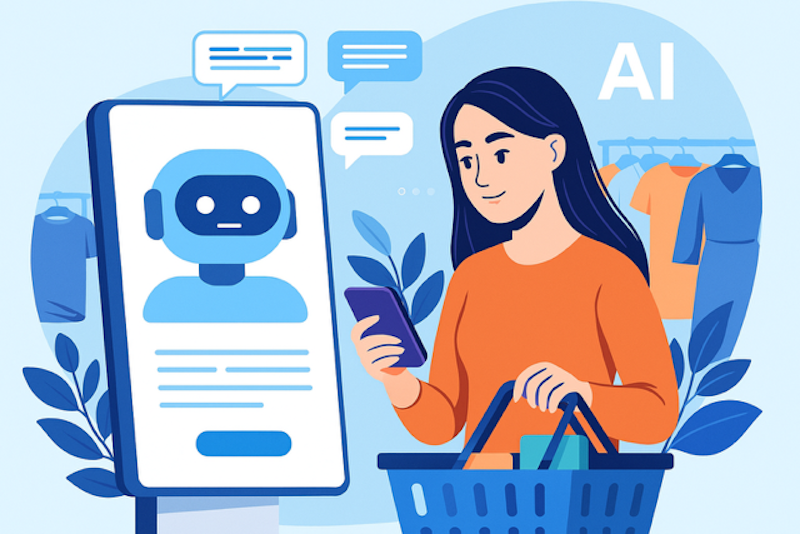


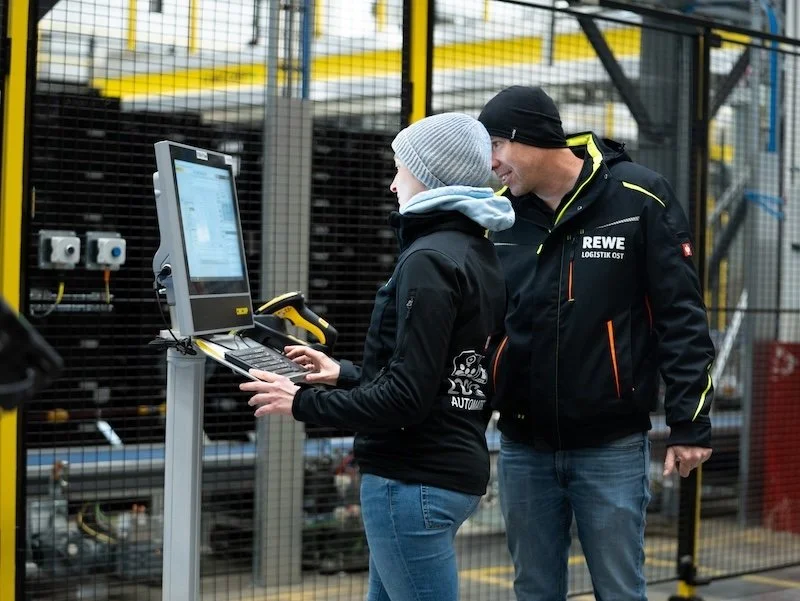



Continue reading…